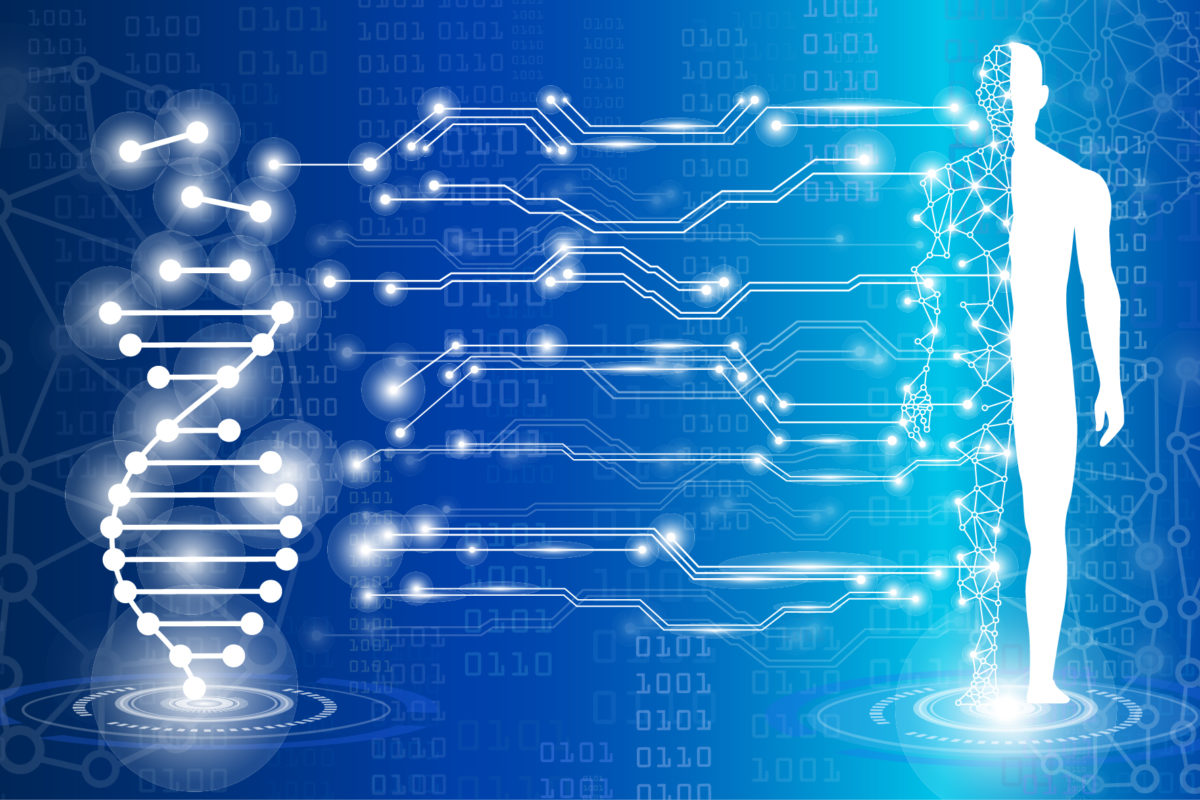
The studies seem like something straight out of science fiction.
There’s one focused on using stem cells to regenerate skull bone for patients with skull defects.
Another aims to develop a hydrogel patch that could reduce scarring and regenerate hair follicles and sweat glands in burn victims.
Another looks to create a transdermal patch that could repair skin damaged during radiation therapy for survivors of cancer.
Each is currently being developed at the Center for Dental, Oral and Craniofacial Tissue and Organ Regeneration (C-DOCTOR) as it enters Stage 3 of its endeavor, with a $30-million grant from the National Institute of Dental and Craniofacial Research (NIDCR).
C-DOCTOR is a consortium of California academic institutions with a mission of becoming a sustainable, comprehensive national resource center that enables the clinical translation of innovative regenerative therapies to replace dental, oral and craniofacial tissues or organs lost to congenital disorders, traumatic injuries, diseases and medical procedures.
“This initiative isn’t about incremental progress,” said Ostrow Associate Dean of Research Yang Chai PhD ’91, DDS ’96. “What we’re really trying to do is create disruptive technologies that will fundamentally change the way we treat patients.”
Shark Tank Approach
The endeavor first began in 2016 when the NIDCR challenged institutions across the nation to develop safe and effective clinical strategies for dental, oral and craniofacial tissue regeneration.
During Stage 1, 10 groups were selected to put together comprehensive teams — clinicians, research scientists, biostatisticians, regulatory scientists and pre-clinical/clinical trial experts as well as leaders of industry — to support researchers and expedite innovative technologies and therapeutics to FDA clinical trials.
Only two centers moved forward into Stage 2, with several California schools coalescing into C-DOCTOR, a consortium of academic institutions, including USC, UC San Francisco, UCLA, Stanford University, UC Berkeley, UC Davis, UC San Diego and the City of Hope.
The other center — the Michigan-Pittsburgh-Wyss Regenerative Medicine Resource Center — is composed of the University of Michigan, the University of Pittsburgh and Harvard University’s Wyss Institute.
During Stage 2, the centers recruited interdisciplinary translational project (ITP) teams with innovative ideas and provided them all the resources necessary to bring their products to human trials.
“This program is a very clever, very well-designed process to foster the development of these ITP teams,” said Chai, who is a co-principal investigator of C-DOCTOR, alongside UC San Francisco’s Jeffrey Lotz.
Better Together
Now entering Stage 3, C-DOCTOR has nine ITP teams (six of which must still meet certain metrics before entering Stage 3).
The other six teams will continue their efforts to move into Stage 3.
They include technologies to regenerate bone, salivary glands and craniofacial musculature and provide relief for arthritis caused by TMJ. The PIs leading two of those teams are Alex Wong and Denis Evseenko of Keck School of Medicine of USC.
“We feel such a great sense of responsibility and trust to be given this opportunity to work with a group of such talented people to help advance dental, oral and craniofacial tissue regeneration,” Chai said.
Chai credits the continued success of C-DOCTOR to the team they’ve managed to put together.
“We have discovered a lot of talent that we didn’t know about before,” he said. “Just by working with all these people and making these connections, we hope that C-DOCTOR becomes a breeding ground for future innovative research projects that will continue to propel us toward dental, oral and craniofacial tissue regeneration.”
He also credited the operations team, led at USC by project director Bridget Samuels, for managing the project on a daily basis.
“This kind of grant is a collaborative agreement with the NIDCR to work together every step of the way to ensure the success of this program,” Chai said. “Bridget and her team have been instrumental in this endeavor — not only in maintaining continued communication with the NIDCR but also with our daily operations.”
Mark Urata and Scott Fraser from USC are co-investigators on the C-DOCTOR grant and play an important role in clinical and translational aspects of the consortium.
Research reported in this publication was supported by the National Institute Of Dental & Craniofacial Research of the National Institutes of Health under Award Number U24DE029463. The content is solely the responsibility of the authors and does not necessarily represent the official views of the National Institutes of Health.
